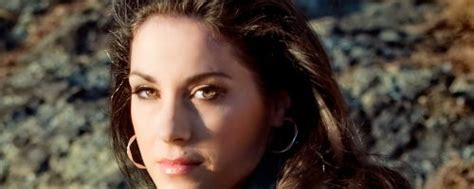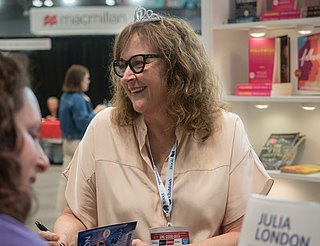A Quote by Terry Pratchett
You can't remember the plot of the Dr Who movie because it didn't have one, just a lot of plot holes strung together. It did have a lot of flashing lights, though.
Related Quotes
Anyone can write five people trapped in a snowstorm. The question is how you get them into the snowstorm. It's hard to write a good play because it's hard to structure a plot. If you can think of it off the top of your head, so can the audience. To think of a plot that is, as Aristotle says, surprising and yet inevitable, is a lot, lot, lot of work.
Fiction writers come up with some interesting metaphors when speaking of plot. Some say the plot is the highway and the characters are the automobiles. Others talk about stories that are "plot-driven," as if the plot were neither the highway nor the automobile, but the chauffeur. Others seem to have plot phobia and say they never plot. Still others turn up their noses at the very notion, as if there's something artificial, fraudulent, contrived.
I find that I am much slower in the beginning of a book. I am thinking of the plot, of the characters and who they are, and where they are going. I often throw out a lot of the writing I start with, because the characters and plot improve as I write. Or perhaps I should say it is my hope they will improve as I write.
Chris Claremont once said of Alan Moore, "if he could plot, we'd all have to get together and kill him." Which utterly misses the most compelling part of Alan's writing, the way he develops and expresses ideas and character. Plot does not define story. Plot is the framework within which ideas are explored and personalities and relationships are unfolded.


































